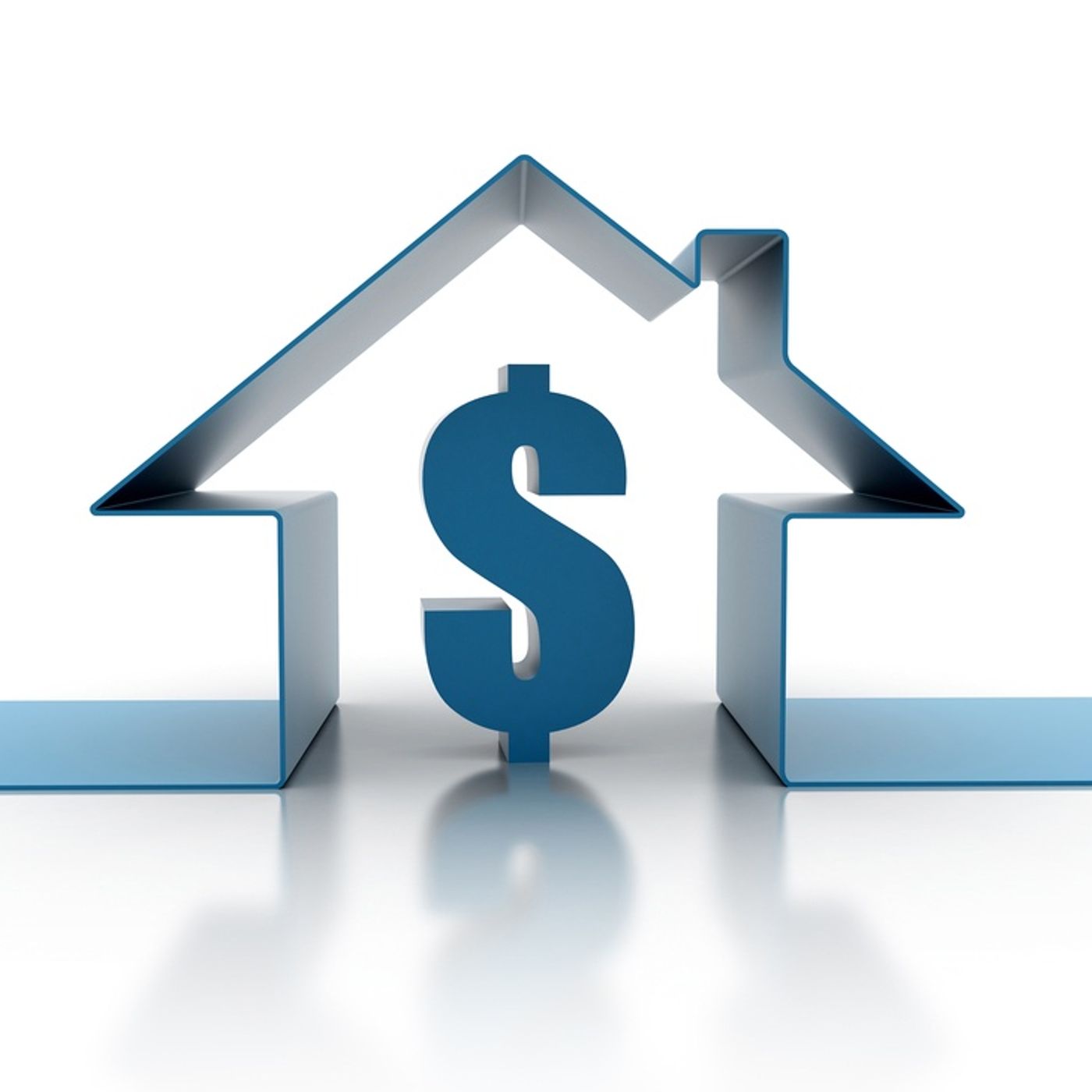Whats Your Home Really Worth?

b'Factors That Impact Home Prices
When people buy and sell homes, how do they know what their home is really worth? Home pricing is a combination of art and science, and factors in variables such as location, weather, neighborhood demographics, crime statistics, quality of local schools, employment opportunities, access to entertainment and recreation, access to services such as healthcare, what comparable homes recently sold for, mortgage interest rates, etc. But there is no exact formula that we can all agree on, so we mostly let the market set the price of a home based on supply and demand. When demand is low, home prices tend to drop, and vice versa.
And with the advent of the Internet, I am sure quite a few of my listeners are familiar with websites like Zillow.com, RedFin.com and sites run by banks such as Chase and Bank of America, that tell you what your home is worth \\u2013 either as a single number or as a range. But, if you try this exercise on your own property, you\\u2019ll find that estimates and price ranges can vary by more than a hundred-thousand dollars \\u2013 so despite better information flows in a more connected world, home pricing is still an inexact science. And while this was not news to me, a recent article in the Los Angeles Times further confirmed what I had known all along.
Popular Websites for Home Price Estimates
By the way, for those of my listeners who aren\\u2019t familiar with the websites I just mentioned \\u2013 here are a few pointers. Zillow.com is the most popular online real estate information site \\u2013 it provides active listings of properties for sale and information on houses that are not on the market. So, for example, you can enter your address or zip code on Zillow.com \\u2013 I\\u2019ve put the link on my website OnTheMoneyRadio.org - and pull up information on the home such as square footage, lot size, number of bedrooms and baths, photos, taxes, location maps, neighborhood home prices, etc., and get what they call a Zestimate (pronounced ZEST-ti-met) of what your home is worth.
Home shoppers, buyers and sellers routinely use Zestimates as a baseline for home values. So if a house for sale has a Zestimate of $350,000, a buyer might challenge the sellers\' list price of, say, $425,000. Or a seller may question his real estate agent on why the home should be listed at below its Zestimate\\u2026 things like that. To make matters worse, another site, such as Chase Bank\\u2019s Home Value Estimator may give you a different price. So this disparity in prices drives everyone nuts! As one realty agent put it, these varying price estimates are "the bane of his existence" because buyers and sellers each lock into different estimate \\u2013 so a buyer might lock into a lower Zestimate, for example, and a seller may lock into a higher Chase Bank estimate\\u2026 and this causes grief all around, often to the point of killing or delaying home sales.
Estimates Can Vary Widely
As the LA Times articles states, when the CEO of Zillow was asked if Zestimates are accurate, he said they\'re "a good starting point" but have a "median error rate" of about 8%. To put that in perspective, 8% on a $500,000 home is $40,000 give or take \\u2013 so we\\u2019re talking big numbers here and it\\u2019s the agent\\u2019s job to get buyers and sellers to converge on something they can both live with. And here\\u2019s where supply/demand kick in\\u2026 if it\\u2019s a slow market, buyers typically have more leverage; but if it\\u2019s a hot market with several competing bids, in places like San Francisco, the highest bidder gets the prize!
Moreover, as Zillow says on its website \\u2013 in small type \\u2013 Zestimates can vary significantly from market to market, and 95% of the time, Zestimates are wrong, sometimes with disparities as large as almost $200,000.
For example, in Manhattan, the median home valuation error rate is near 20%. In San Francisco, it\'s near 12%. So with a median home value of slightly over $1,000,000 in San Francisco, Zestimates have a price disparity of $120,000\\u2026 or more for higher priced homes.'